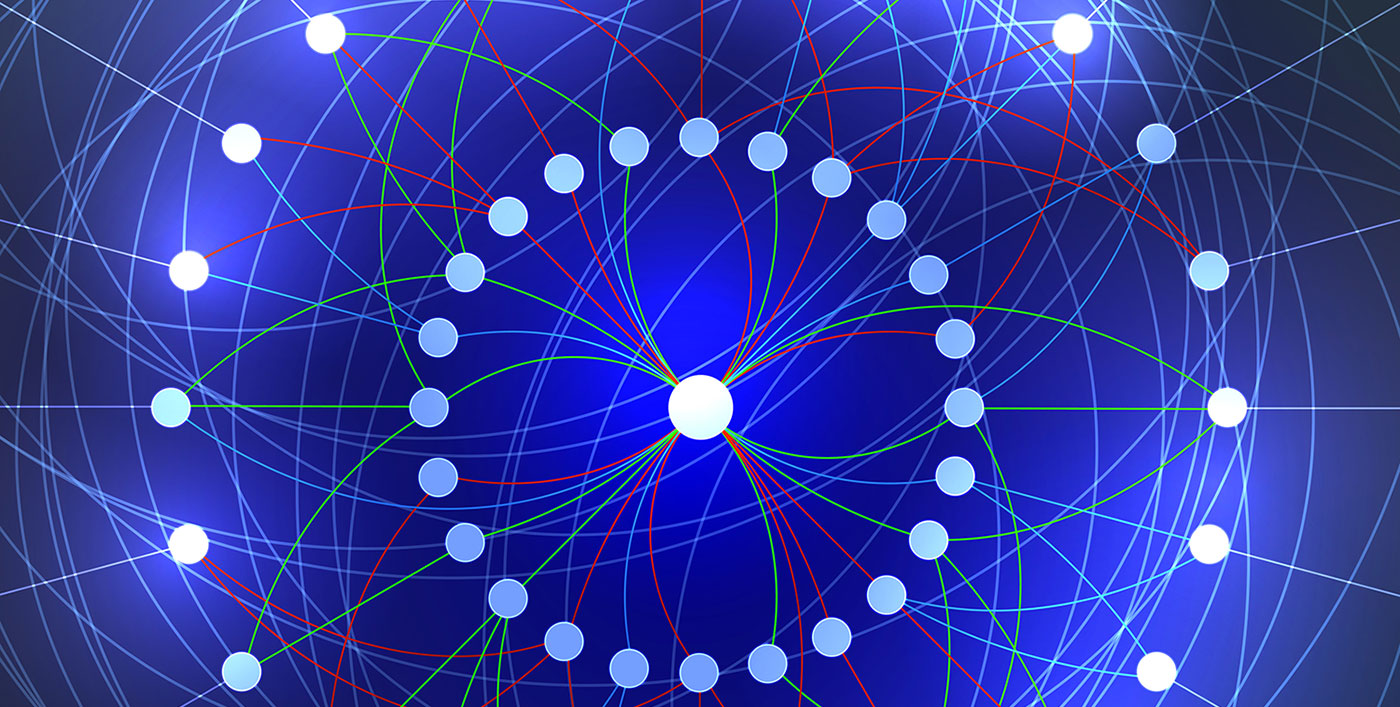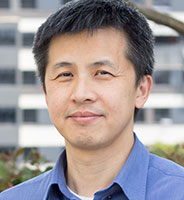Member Highlights: Ngai-Man (Man) Cheung

 Ngai-Man (Man) Cheung: I received my Ph.D. degree from University of Southern California (USC), Los Angeles, CA. Currently I am an Associate Professor and Associate Head of Information Systems Technology and Design (ISTD), Singapore University of Technology and Design (SUTD). I have been an active researcher in the field of Image Processing and Computer Vision. My research has resulted in 14 U.S. patents granted with several pending. Two of my inventions have been licensed to companies. One of my research results has led to a SUTD spinoff on AI for wound care. My research has also been featured in the National Artificial Intelligence Strategy. I have received several research recognitions, recently the Best Paper Finalist at the IEEE Conference on Computer Vision and Pattern Recognition (CVPR) 2019 and the Finalist of Super AI Leader (SAIL) Award at the World AI Conference (WAIC) 2019.
Ngai-Man (Man) Cheung: I received my Ph.D. degree from University of Southern California (USC), Los Angeles, CA. Currently I am an Associate Professor and Associate Head of Information Systems Technology and Design (ISTD), Singapore University of Technology and Design (SUTD). I have been an active researcher in the field of Image Processing and Computer Vision. My research has resulted in 14 U.S. patents granted with several pending. Two of my inventions have been licensed to companies. One of my research results has led to a SUTD spinoff on AI for wound care. My research has also been featured in the National Artificial Intelligence Strategy. I have received several research recognitions, recently the Best Paper Finalist at the IEEE Conference on Computer Vision and Pattern Recognition (CVPR) 2019 and the Finalist of Super AI Leader (SAIL) Award at the World AI Conference (WAIC) 2019.
We approached Ngai-Man (Man) Cheung to learn more:
1. Why did you choose to become a faculty in the field of signal processing?
2. How does your work affect society?
As one of our research achievements we have developed mobile image processing technologies for automatic assessment of chronic wounds. These technologies enable the diagnosis and analysis of chronic wounds just by using a smart phone. My postdoctoral student Dr Hossein Nejati, has since commercialized the technology under a SUTD start-up called KroniKare. Our research enables healthcare professionals to determine the conditions and severity of diabetic wounds without having to rely on manual and invasive assessments. Our research has received several recognitions, including one of the top 30 finalists of the ‘Super AI Leader Award’ or SAIL Award. The SAIL Award is the highest honour at the 2019 World AI Conference in Shanghai attended by influential scientists and entrepreneurs such as Elon Musk, Jack Ma and Raj Reddy. The technologies have been deployed in some community hospital and nursing home.
Our recent research looks at synthesizability and detectability of advanced DeepFakes produced by recent deep generative modelling, power-efficient and data-efficient deep neural networks for edge analytics.
3. What challenges have you had to face to get to where you are today?
In addition to our research, some of us may have to face challenges in our family/personal life, e.g. taking care of our child, caring family member with illness, etc. It is not easy to make research progress in the midst of struggles. But I may share my favorite quote: “If you can’t fly then run, if you can’t run then walk, if you can’t walk then crawl, but whatever you do you have to keep moving forward.” - Martin Luther King Jr.
4. What advice would you give to scientists/engineers in signal processing?
To learn more about Ngai-Man (Man) Cheung and for more information, visit his webpage.

